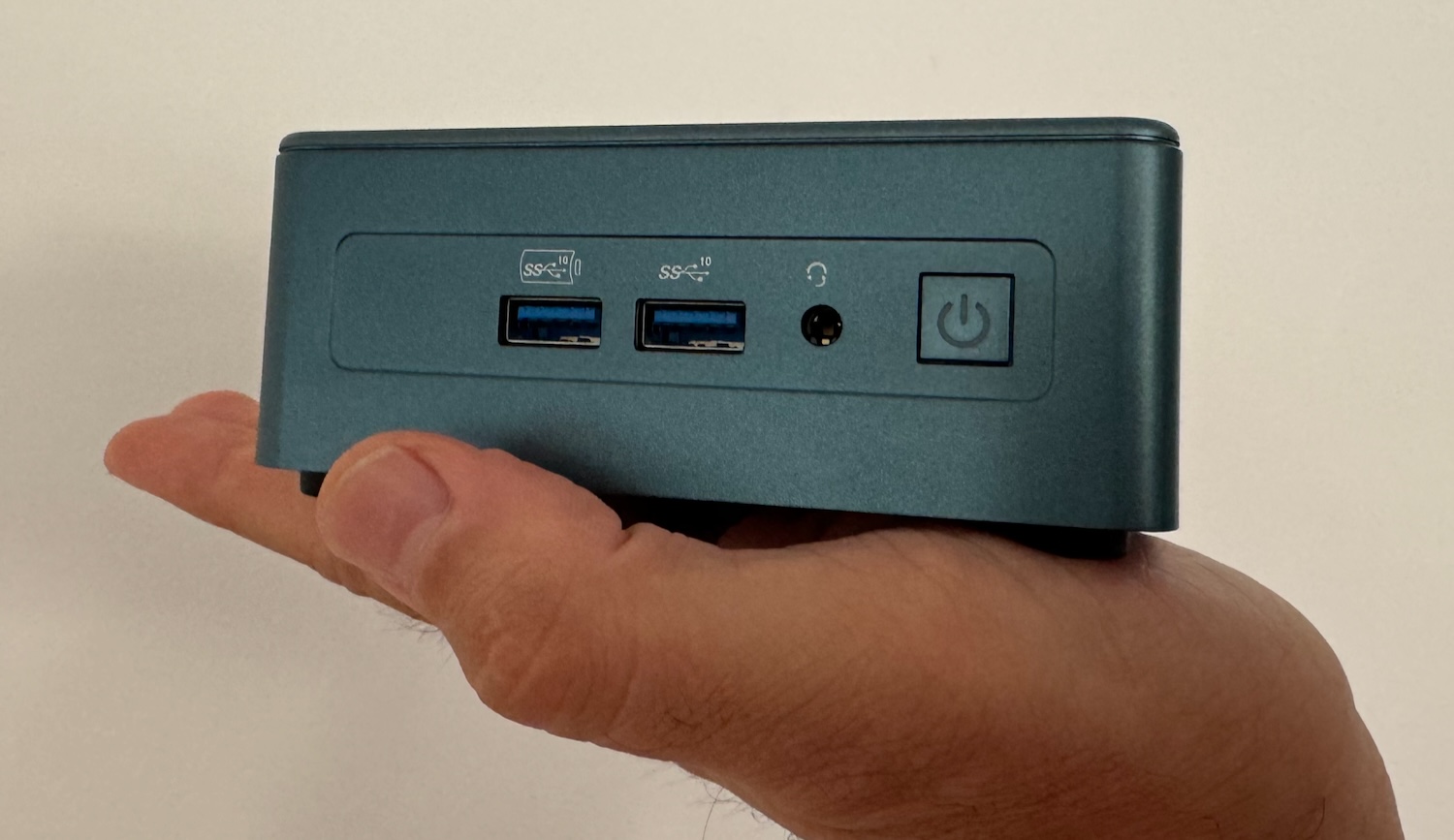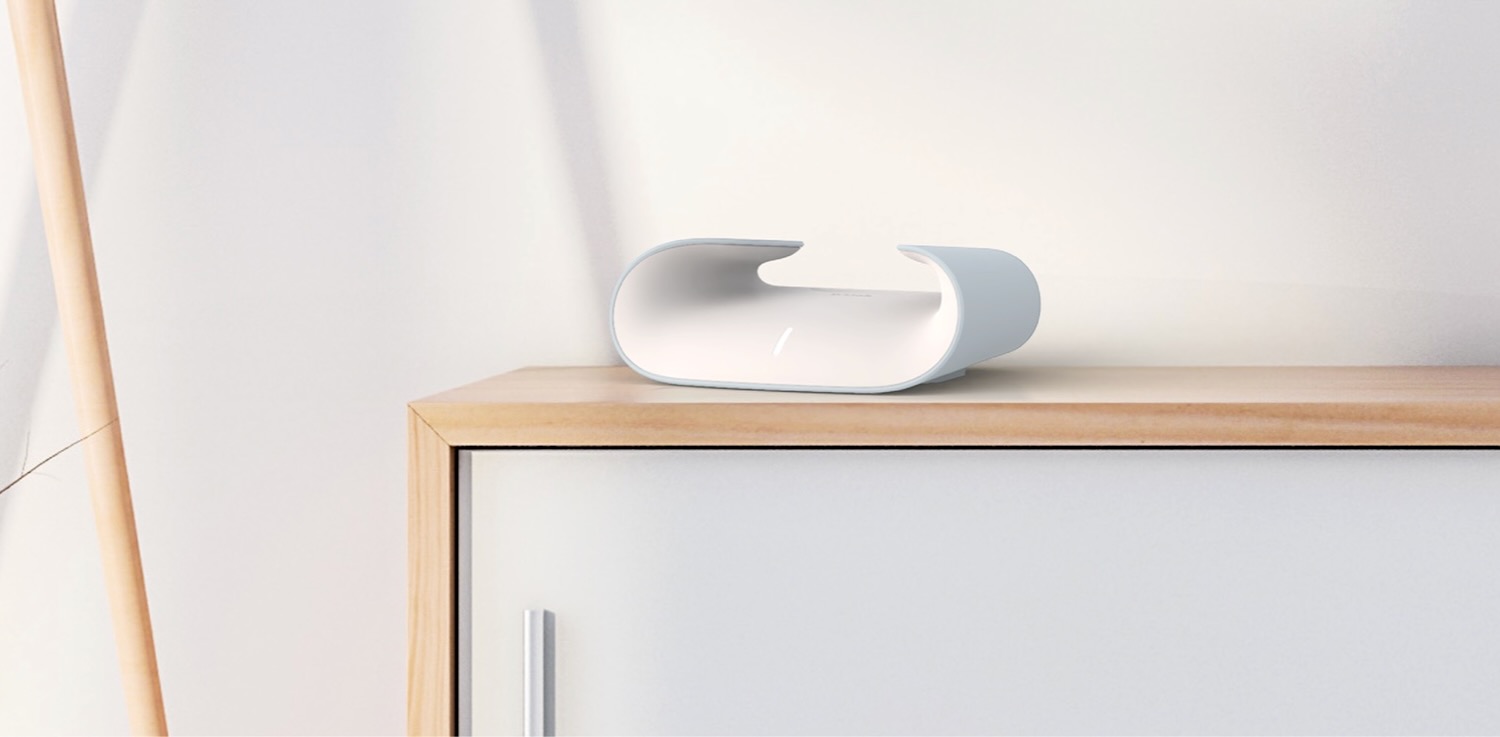Something to look forward to: The ROG Ally is the top choice for those seeking an alternative to the Steam Deck for portable PC gaming, and Asus intends to mark the device’s first anniversary by addressing lingering issues based on user feedback. However, it’s worth noting that this won’t be the ROG Ally 2 as the handheld maker is opting to wait until the hardware is ready for a true next-generation successor.
Asus recently confirmed to The Verge that it will release a hardware update to its ROG Ally handheld PC this year. The new model, the ROG Ally X, will receive a full unveiling on June 2. Pricing details will likely be revealed then, but the company confirmed that the revision will be more expensive, while the standard model will see price cuts.
Asus will retain the same AMD Z1 Extreme SoC and 7-inch 48-120Hz 1080p VRR screen, so performance will remain mostly unchanged. While the upgrade won’t be as extensive as Valve’s Steam Deck OLED, Asus is making significant improvements to battery life, memory, storage, and other areas.
The next Ally is coming �’�
Catch us live on ROG YouTube and Twitch for a special announcement on June 2!
#ROGComputex2024 #HappyBirthdayROGAlly pic.twitter.com/CiYlGS5QE5– ROG Global (@ASUS_ROG) May 10, 2024
Enhancing battery life was the biggest request Asus received regarding the Ally, and the company claims that the Ally X will deliver an increase of “way more” than 40 percent. The original model theoretically had space for a larger battery, but Asus prioritized weight in its initial design. Reversing this decision will make the Ally X heavier.
Additional unified RAM is also coming, but Asus won’t disclose how much. As for storage, the Ally X will feature an enlarged M.2 SSD slot to accommodate 2280 drives, which are longer but often cheaper than the 2230 units supported by the current model and the Steam Deck.
The Ally X might also address what some users suspect is a critical flaw in its predecessor’s SD card slot. While Asus won’t admit that the system could be causing memory cards to overheat, the revision will move the slot away from the vent.
Also read: The Best Handheld Gaming Consoles
Other minor adjustments will impact the D-pad, triggers, and grips. The joysticks will be replaceable and upgradeable, and an update to Asus’ Armory Crate software will make booting up games and sharing controller configurations easier.
However, despite criticisms, including from TechSpot, citing the Windows interface as the ROG Ally’s biggest weakness, Asus plans to continue using the operating system to access non-Steam gaming platforms more easily. Valve doesn’t license the Steam Deck’s SteamOS to other hardware vendors, but Ayaneo offers a variant of its handheld that ships with a clone of the operating system.
MSI also recently entered the handheld PC arena with the Claw. Upon its early March launch, the device’s Intel chipset struggled with performance compared to the AMD-based competition, but a recent driver update improved framerates by up to 150 percent for some titles.









